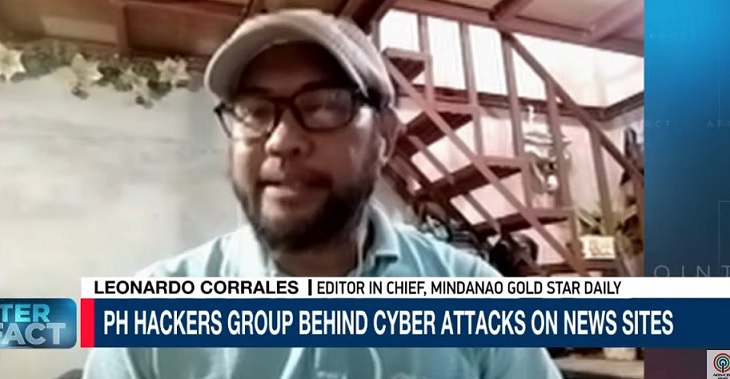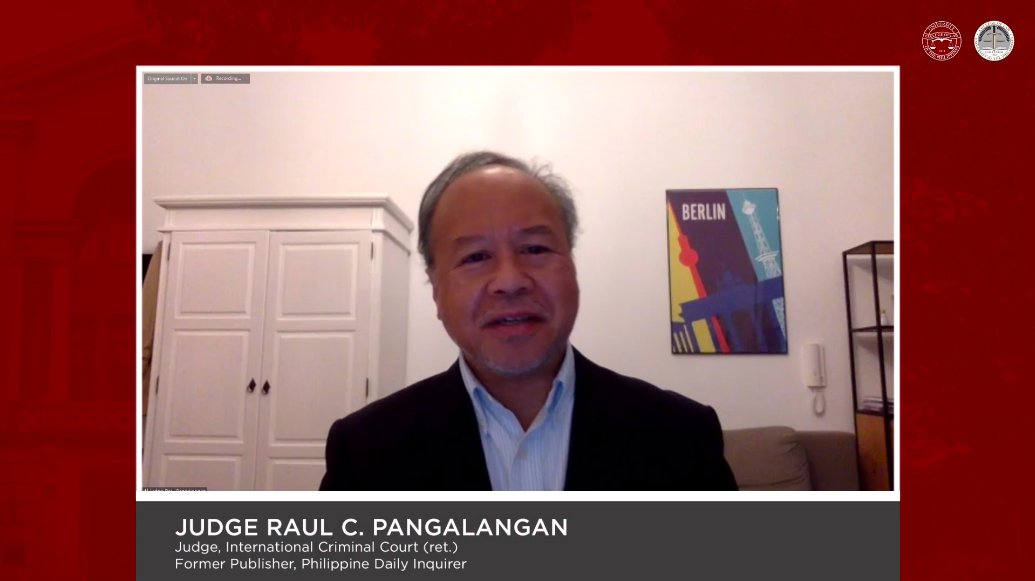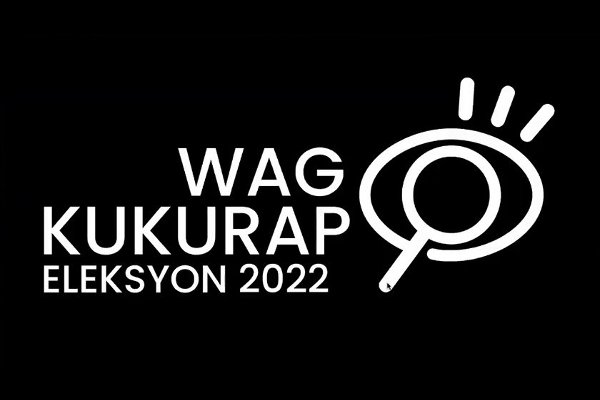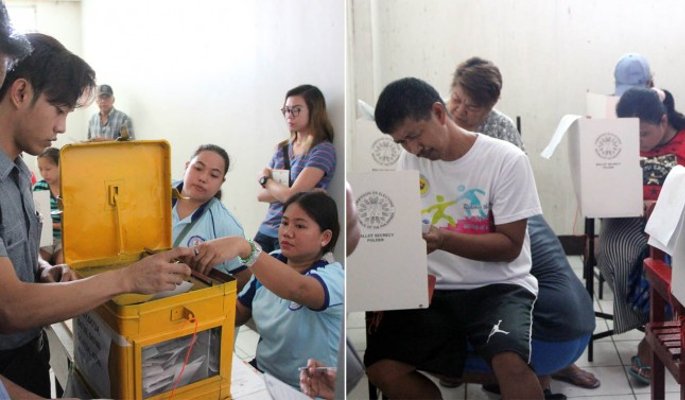What vested interest does China have in the forthcoming presidential elections?
Beginning in December last year, a Distributed Denial of Service (DDoS), cyber lingo for website hacking, happened to three media organizations, namely Vera Files, ABS CBN News, and Rappler. Qurium Media Foundation, a Sweden-based digital forensics non-profit company, extracted data from the hacked websites and was able to trace the hacking to a group known as Pinoy Vendetta.
That was a revelation.
Following the attacks, the Duterte government’s National Task Force to End Local Communist Armed Conflict (NTF ELCAC) issued an odd statement praising Pinoy Vendetta.
“These [people] are organic. These are ordinary Filipino citizens—but of course they’re computer geniuses,” it stated.
The tactlessly acerbic Lorraine Badoy, spokesperson of the anti-insurgency group (spokespersons should neither be tactless nor acerbic but communicators), posted on her Facebook wall: “The same guys behind the takedown of the CPP NPA NDF website for almost a month now. Heroes come in all forms and shapes. My heroes are computer geeks.”
That makes Badoy an accomplice to this cybercrime.
The digital forensics revealed more. Qurium identified one of the members of Pinoy Vendetta. “He is an IT graduate, and he’s based in Davao City,” according to the Qurium report which included the forensics it had done on other victims of PinoyVendetta such as the websites of Altermidya, Bulatlat, CNN Philippines, GMA Network, Bulgar Online and TV5.
This week, websites of three news organizations — Mindanao GoldStar Daily, PressOne.PH, and Interaksyon — were targeted in the second wave of cyber-attacks. Ironically, all three are part of #FactsFirstPH, a multisectoral coalition to fight lies and systematic information operations carried out by disinformation networks. It brings together 120 newsrooms, civil society groups, business associations, religious organizations, academic institutions, as well as legal and human rights groups. Just this week, it sent an open letter to all presidential candidates warning about the technology of lies overwhelming the integrity of elections.
Interviewed by television journalist Christian Esguerra on ANC’s After the Fact, PressOne.PH’s associate editor Rommel Lopez said that they first noticed the problem when they had difficulties accessing their server. Their technical team found 19 million “requests” on their website in a span of about four hours. A request is a computer user’s access to a website. Websites have a request cap.
In the case of Mindanao GoldStar Daily, there were 13 million requests. Since it has a cap of only 10,000 requests, the extremely heavy network traffic effectively downed the website. MGSD editor-in-chief Cong Corrales was uploading stories when he thought his WiFi signal was low.
Corrales raised an alarm to #FactsFirstPH, which then conducted cyber forensics. Of the 13 million requests, two million were found to have come from China. This is incontrovertible proof that troll farms were behind the attack.
Of the three newsrooms, perhaps the metric goes to Mindanao GoldStar Daily. A community newspaper based in Cagayan de Oro city, it is a small organization with a technical team of one. Community newspapers such as MGSD are the first line of defense in the battle for truth telling. Because of the newsroom’s compact size, it is down. Although MGSD continues to produce its print edition, the momentary death of its website affects its online operations, including the uploading of articles for the print edition.
“Having joined the #FactsFirstPH coalition of fact checkers, we kind of expected this attack. We treat this attack as our badge of honor. We have comforted the afflicted and afflicted the comfortable,” Corrales said in a statement.
Corrales sees the scenario clearly and does not mince words on the grim possibilities. “It is 2016 once again,” he notes.
Once again, we face the specter of a disinformation-managed candidate who just might win the elections not by the ballot but with a lot of help by China trolls. By now it leaves us no doubt that the swashbuckling crime-and-corruption buster image of Rodrigo Duterte is turning out to be the exact opposite.
“The DDoS attacks are a threat to press freedom and the free flow of information, both of which are vital during the election season,” Corrales reminds us.
If these news organizations are combatting disinformation, then the hackers are for disinformation. The troll farms themselves could be the source of disinformation.
The views in this column are those of the author and do not necessarily reflect the views of VERA Files.





